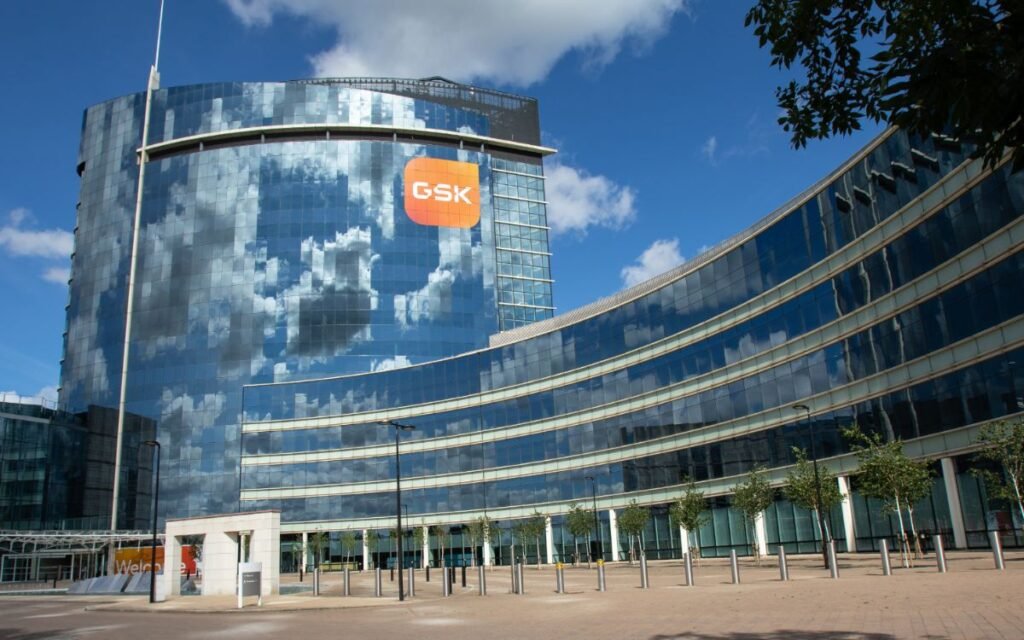Pfizer is facing not only a decline in its COVID-19 vaccine sales but also stiff competition from GSK in the realm of respiratory syncytial virus (RSV) vaccines.
In the latest round of the RSV vaccine showdown, GSK’s Arexvy made an impressive entrance, generating a substantial £709 million (equivalent to $860 million) in the third quarter. This figure more than doubled the earnings of Pfizer’s Abrysvo, which brought in $375 million during the same period.
GSK’s CEO, Emma Walmsley, hailed the “outstanding US launch” of Arexvy, which surpassed Wall Street analysts’ expectations by nearly 100%.
“The key point here for GSK is this pivot to the prevention agenda, which is just better for everybody—burdened healthcare systems, budgets, patients and general practitioners.”
– GSK CEO Emma Walmsley
Also Read: GSK’s Arexvy Takes Lead In RSV Vaccine Race, Now Accessible At Leading US Pharmacies
Both vaccines received FDA clearance earlier this year for the prevention of RSV in individuals aged 60 and older, with GSK securing approval 28 days ahead of Pfizer.
At retail sites, the primary market for older adults at risk of RSV, Arexvy has captured two-thirds of the US share, particularly due to its impressive 94.6% efficacy in older adults with underlying medical conditions, a feature that resonates strongly with healthcare providers.
These individuals are the most vulnerable to RSV and account for 95% of RSV-related hospitalizations. In a broader older-adult population, Arexvy reduced the risk of RSV-related respiratory diseases by 82.6% in clinical trials.
While GSK anticipates a slowdown for Arexvy in the fourth quarter due to RSV seasonality and the vaccine’s preventive nature, it is poised to achieve blockbuster status in its first year. GSK predicts full-year sales to exceed £900 million ($1.1 billion) but fall short of £1 billion ($1.22 billion).
Walmsley stressed the novelty of this RSV vaccine season, with much remaining uncertain. GSK is modeling Arexvy’s uptake pattern after the flu shot, with over 90% of immunizations for older adults occurring in the retail setting.
Also Read: GSK’s Arexvy And Moderna’s MRNA-1345 To Lead The Race For RSV Prevention
In the short term, enthusiasm and intention to recommend Arexvy remain high, but in the long term, GSK is confident that Arexvy will reach over £3 billion in peak sales.
Pfizer, however, holds an advantage in its RSV battle as Abrysvo received FDA approval in August as a maternal vaccine to prevent RSV in infants. Nevertheless, Pfizer faces competition from Sanofi and AstraZeneca’s antibody Beyfortus for infants.
In contrast to Arexvy’s remarkable performance, GSK’s flagship product, the shingles vaccine Shingrix, fell short of analysts’ consensus by 5%, despite a 15% increase at constant currencies over the same period last year. GSK attributed Shingrix’s underperformance in the US to a challenging comparator period with higher non-retail purchases.
To drive future growth for Shingrix, GSK signed a commercialization collaboration in China with Chongqing Zhifei Biological Products, significantly expanding the reach of Shingrix in the Chinese market and will “accelerate our expectations for Shingrix sales to reach more than 4 billion pounds by 2026,” he said.
Also Read: The First Respiratory Syncytial Virus (RSV) Vaccine For Elderly People, GSK’s Arexvy, Received Approval From The Medicines And Healthcare Products Regulatory Agency
Thanks to the success of Arexvy, GSK has raised its full-year revenue guidance, projecting a 12% to 13% growth for 2023, as opposed to the previous 8% to 10%. In the vaccines segment, GSK anticipates a substantial 20% sales increase for 2023.
In the first nine months of the year, GSK’s total sales reached £22.3 billion, including £8.1 billion from the third quarter.





























